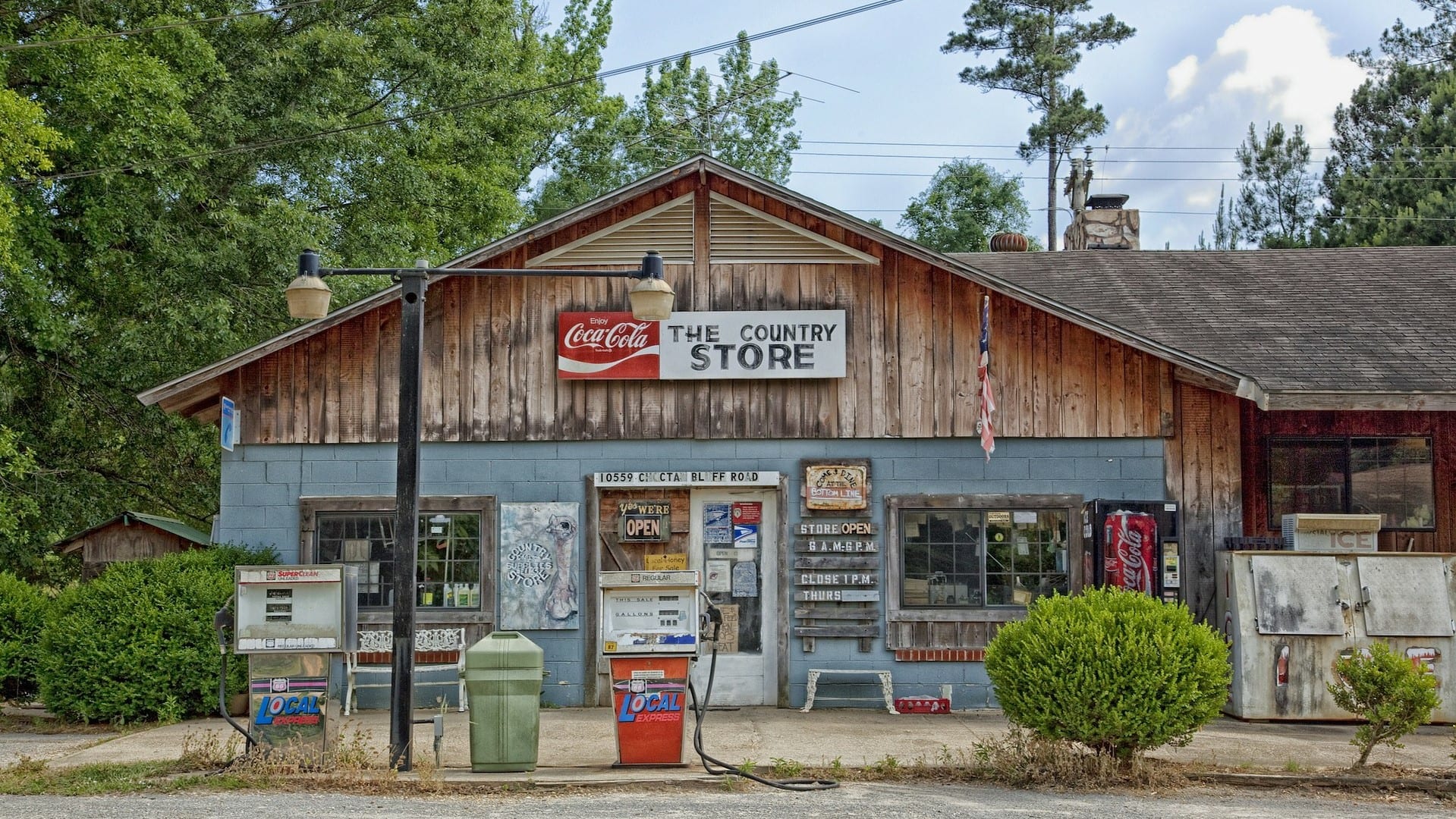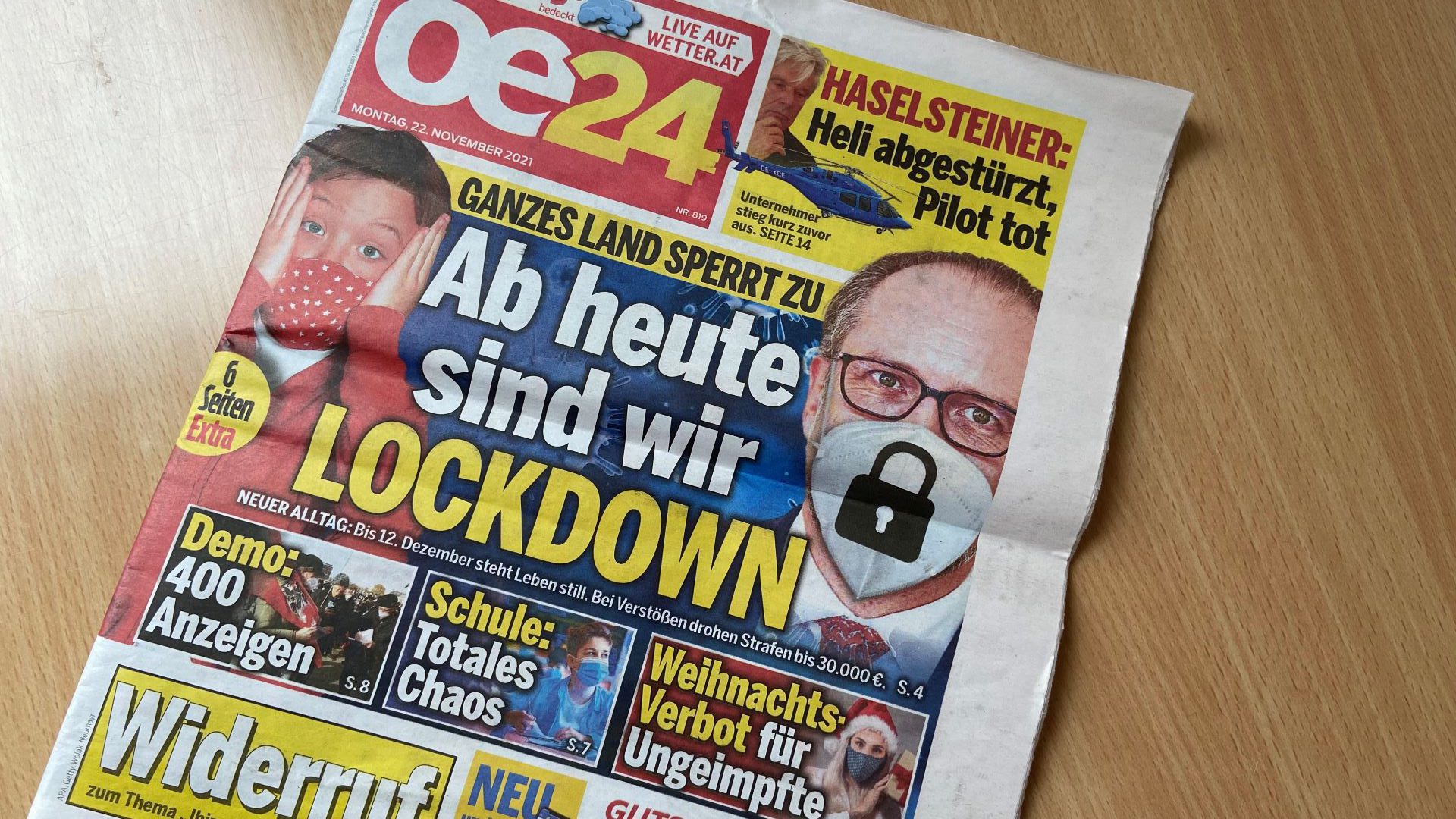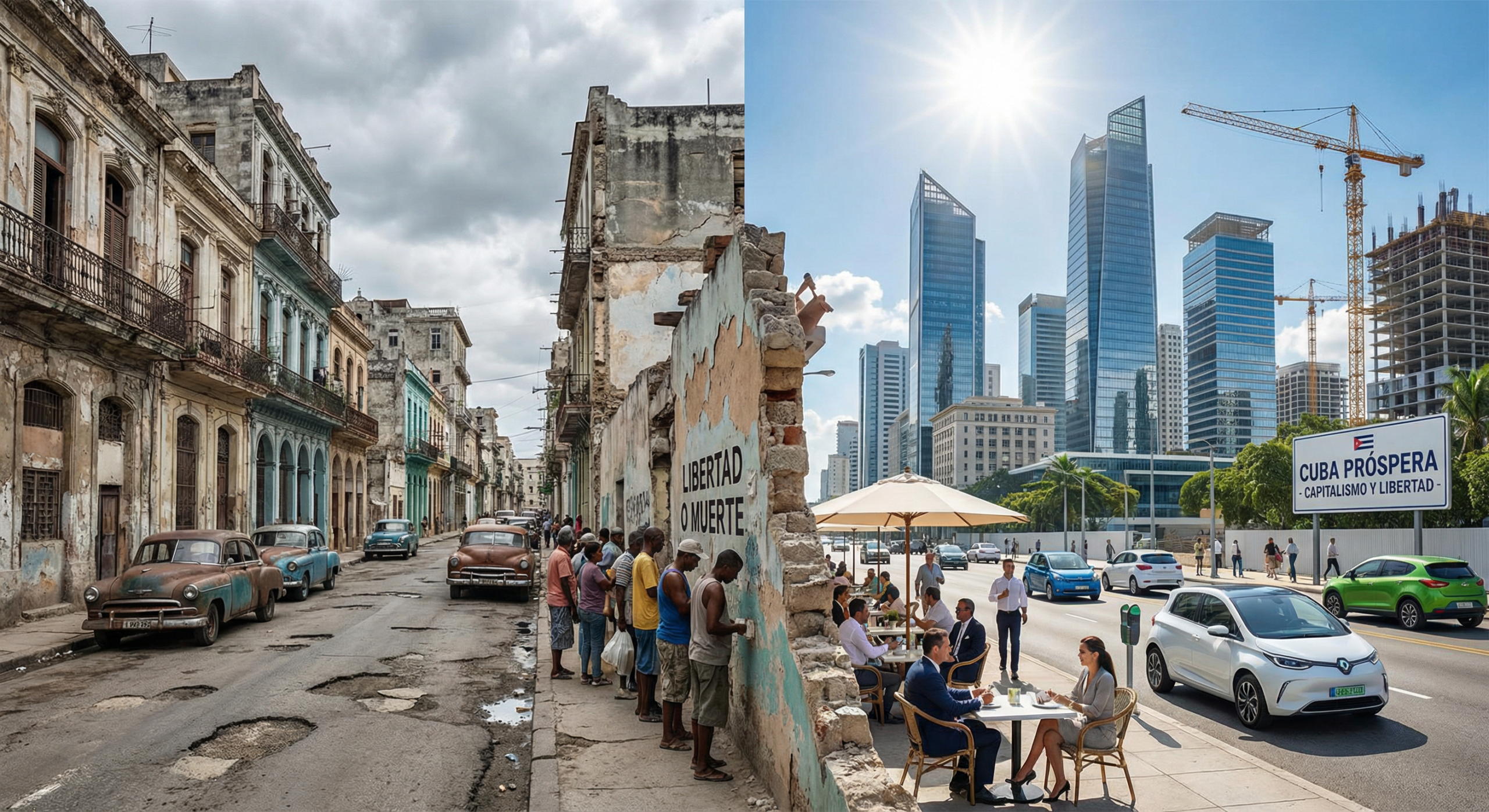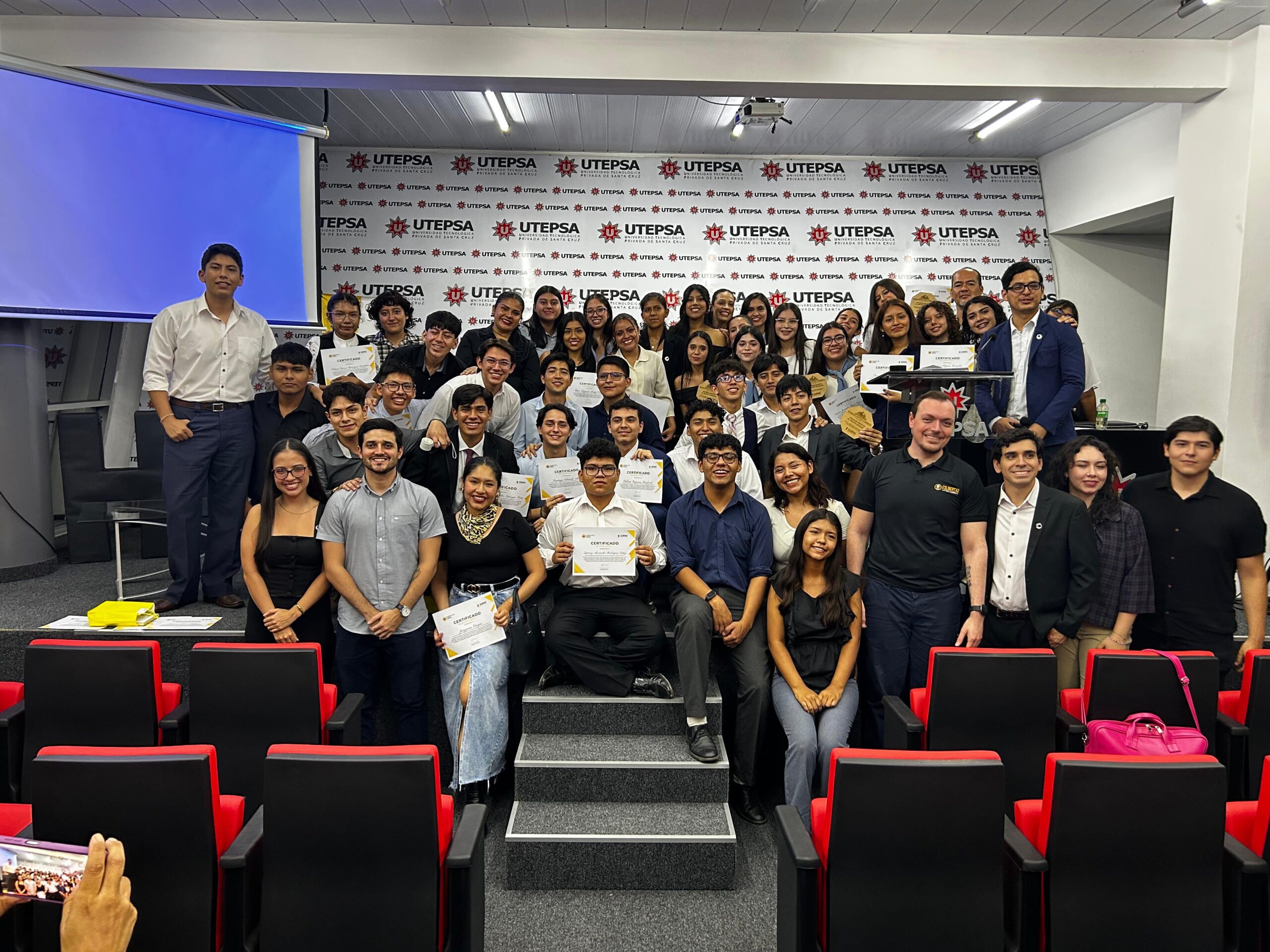Proof of vaccination may become commonplace if you want to do much in the post-COVID world. Businesses are already rolling out services that will only be available to those who have been vaccinated.
Ticketmaster has already been developing a system to verify that ticket holders have been vaccinated or have tested negative for COVID-19 before they can attend events. Royal Caribbean will only be accepting vaccinated cruise passengers once they resume operations, and some gyms are restricting use of facilities solely to those who are vaccinated.
Should businesses be allowed to discriminate against those who are unvaccinated? If so, what gives them the right? To these two questions, the answers are “yes” and “the right of property”.
Property rights and the right of exclusion
According to legal theorist J.E. Penner, “The currently prevailing understanding of property in what might be called mainstream Anglo-American legal philosophy is that property is best understood as a ‘bundle of rights.’” What is included in this bundle of rights for libertarians?
Property rights, whether referring to places or goods, involve an individual having the exclusive right to use or modify their places or goods however they please, so long as this does not physically alter the property of others.
As such, property rights give an individual the right to use some resource without it being physically violated by others. This implies a right to exclude others from using, walking on, moving, destroying, consuming, or otherwise physically altering one’s property without the property owner’s permission.
This right of exclusion gives property owners the right to decide who, when, and how others are allowed to use their property. They have the right to create criteria for inclusion in the use of their property.
For instance, a homeowner may limit the use of his house only to explicitly invited guests, a women’s shelter owner may limit the use of their resources solely to women, and business owners may limit the use of their store to paying customers only. These exclusionary practices are part and parcel of the libertarian understanding of property rights.
Following this logic, business owners also have a right to exclude those who are unvaccinated from using their property. This includes the right to exclude the unvaccinated from entering brick-and-mortar stores, from receiving services, or from buying their products at all.
If the government were to force businesses to allow the unvaccinated to use their property, this would be a violation of the property rights of business owners. Instead of using their property as they see fit, allowing some and excluding others from using their property, property owners are forced, by threat of violence from the state, to use their property in some other way which they themselves would not have voluntarily chosen.
By forcing business owners to serve unvaccinated individuals, the government is essentially telling property owners, “Your determination of the best use of your property does not matter, instead, you must use it as you are told. You must allow those whom you would otherwise prefer not use your property to use it. If you do not, we will use force to strip you of your property and, if need be, imprison you.”
Bodily autonomy and the right to goods and services
In his blog post, Vaccinating Against Corporate Tyranny, Preston Neives argues that “Because private businesses control many of the necessary goods and services for the day to day function of society, a COVID-19 vaccine mandate would make it such that relinquishing one’s ownership of their own body becomes necessary to participate as a full member of society.”
Nieves suggests that a vaccine is different from other requirements for admission into businesses because it is “permanent in its effects, and carries the possibility of side-effects.” For Nieves, doing this constitutes giving up ownership over one’s own body. But permanent bodily mutilation is necessary for inclusion in many of the institutions we take for granted as having a right to exclude.
For example, Tattoo Clubs require that one have permanent tattoos and Jewish sects require that members be circumcised. Property rights gives these organizations the right to refuse others the use of their tattooing equipment and synagogues. The same is true of business owners whose rights over their property gives them the right to only include those who have properly modified their body, by getting a vaccination, in the use of that property.
Further, Nieves’ thesis proves far too much for the libertarian. If one needs access to whatever “necessary goods” referred to by Nieves in order to become a full member of society, then businesses must do much more than merely allow the unvaccinated to enter their store. They must make these goods available without obstacle. No longer should businesses be free to discriminate based on those who can pay for their products and who cannot, but should have to give these products away for free! After all, we wouldn’t want some people to not be full members of society!
It is easy for the libertarian to recognize that this is a clear violation of the property rights of business owners. They should be free to determine who and for what price others may purchase their products and services. If businesses should be free to deny citizens such “necessary goods” for not having enough money, then surely they should be free to deny them those goods on the grounds that they make other patrons and employees unsafe, which is a threat that the unvaccinated pose.
Conspiracy theories and central planning
Nieves is also concerned that conspiracy theories will be fueled by businesses which ascribe to vaccination mandates. But why would a decentralized business-by-business decision on whether or not to allow the unvaccinated to use their property fuel conspiracy theories?
The top-down central planning of a governmental mandate is quite literally conspiratorial. A small minority of the populations – those who lobby for, write, and pass laws –get together and decide how the rest of the public must use their own property. However, a property rights approach, in which many thousands of individual decisions by individual business owners would determine a variety of criteria for admission and exclusion from the use of their property has no such conspiratorial element.
A solution to mandatory vaccines
Let me conclude by arguing that a property rights approach to vaccination offers us the best of both worlds, allowing us to respect the bodily autonomy of others while retaining concern for public health.
Property rights exist not only over external objects, but over one’s body as well. John Locke’s dictum that “every man has a property in his own person” is one which should be taken seriously by those who value individual rights. Each individual’s property right over their own body gives them the right to use their body as they see fit. This means that they have the right to refuse vaccination, regardless of the public or personal health benefits which vaccines bring.
But some will object that there is too great of a public health risk that arises when we allow people to go unvaccinated. They argue that many people will then contract the virus and spread it to others. But to this problem, property rights offer a perfect solution. They offer both bodily autonomy and public health!
If someone is a public health threat to those around them, property rights offer a way to exclude that person from interaction with others. Property rights give us the freedom to not associate with those who pose health threats to us without infringing on their bodily autonomy.
Property rights are good for bodily autonomy and public health
Property rights give business owners the right to exclude specific individuals from using their property. This right extends to the right to deny the unvaccinated from purchasing their products or services. The property rights approach to vaccination is the one solution which offers both bodily autonomy and public health. It should be the approach favored by all, and especially by libertarians.
To read more content relating to the COVID-19 pandemic, be sure to check out our cluster page by clicking on the button below.
This piece solely expresses the opinion of the author and not necessarily the organization as a whole. Students For Liberty is committed to facilitating a broad dialogue for liberty, representing a variety of opinions.









